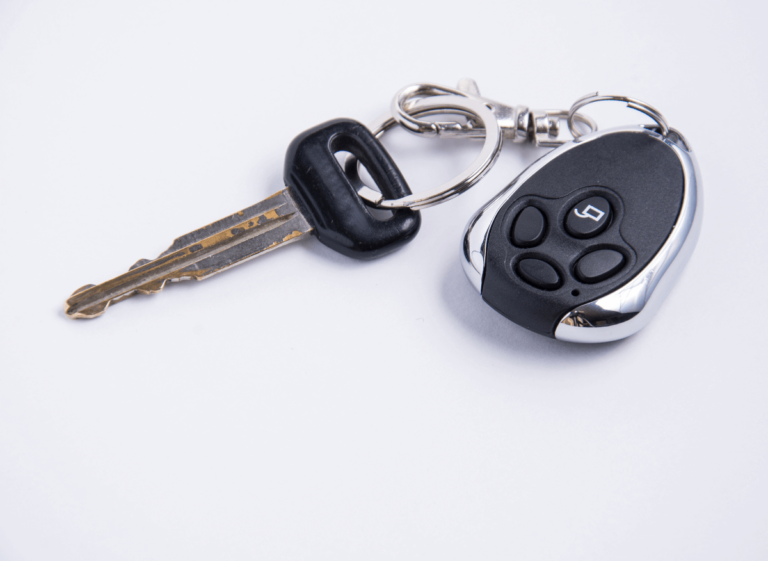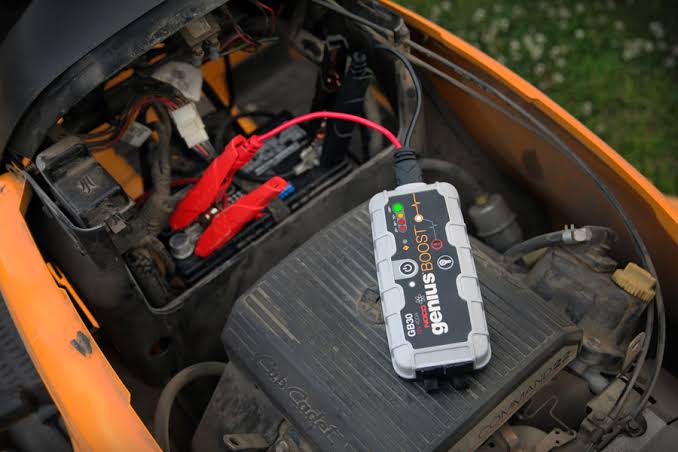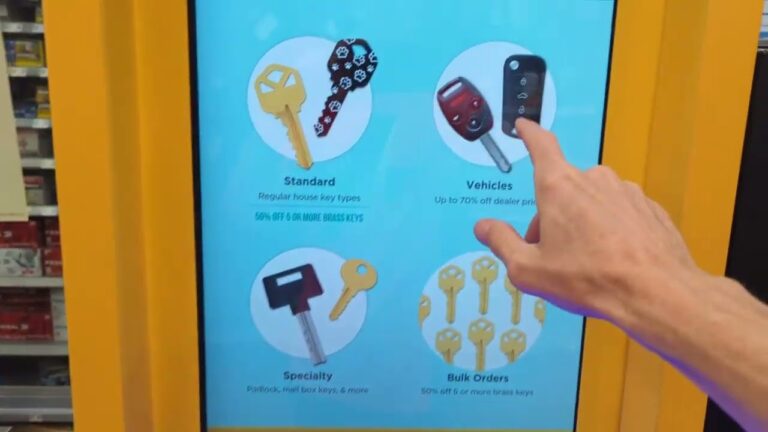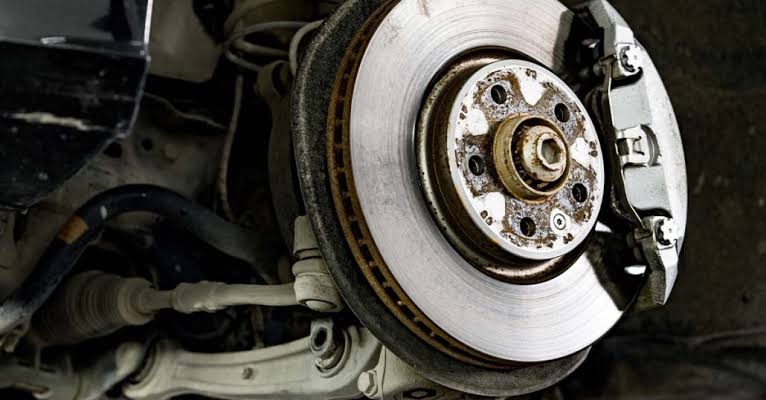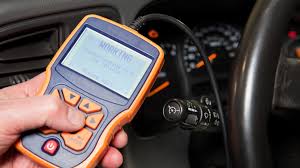Can A Bad Brake Booster Cause Engine Problems?

The brake booster is a crucial component in your vehicle’s braking system, designed to make braking easier by amplifying the force you apply to the brake pedal. However, you might be wondering: Can a bad brake booster cause engine problems? While the brake booster is primarily part of the braking system, issues with it can indirectly affect engine performance. Let’s take a closer look at how a faulty brake booster might cause engine problems and what symptoms you should look out for.
What is a Brake Booster?
Before diving into the potential engine issues, it’s important to understand the role of the brake booster. The brake booster is responsible for providing extra power to the brake pedal to help you stop your vehicle with less effort. Most vehicles use a vacuum brake booster, which utilizes engine vacuum to assist in braking.
In simpler terms, when you press the brake pedal, the brake booster uses vacuum power to reduce the effort required to engage the brakes, making the process much smoother and less tiring, especially in emergency situations.
How a Bad Brake Booster Affects the Engine
While the brake booster is part of the braking system, it is connected to the engine in most vehicles. A vacuum brake booster relies on the engine’s vacuum system to function properly. When the brake booster fails, it can cause problems not only with your braking performance but also with your engine. Here’s how:
1. Engine Vacuum Leak
A bad brake booster can cause a vacuum leak. Since the brake booster uses the vacuum generated by the engine to function, a failure in the booster’s diaphragm or valve can allow air to leak into the engine’s intake manifold. This vacuum leak can affect the engine’s air-fuel mixture, leading to poor engine performance.
Symptoms of a Vacuum Leak:
- Rough Idle: The engine may idle roughly because the air-fuel mixture becomes unbalanced.
- Stalling: In some cases, the engine may stall due to insufficient air or fuel.
- Check Engine Light: A vacuum leak can trigger the check engine light due to issues with fuel and air mixture.
- Increased Engine RPMs: The engine may rev higher than usual because of the unbalanced vacuum.
2. Increased Engine Load
When the brake booster vacuum system starts to fail, it may increase the load on the engine as it tries to compensate for the loss of vacuum. This additional strain can lead to engine performance issues, especially under acceleration or during stop-and-go driving.
3. Stiff Brake Pedal
A failing brake booster can cause the brake pedal to become stiffer than usual. This issue might cause you to press harder on the brake pedal, which in turn increases engine load and could lead to minor engine performance issues. Though this is not a direct engine problem, it can strain the engine over time.
4. Erratic Engine Behavior
In some cases, a failing brake booster may cause irregular engine behavior when you apply the brakes. The engine’s performance may fluctuate as it tries to adjust to the changing vacuum levels, resulting in a rough or inconsistent driving experience.
Symptoms of a Bad Brake Booster
Before the engine begins to show noticeable problems, you’ll typically notice several signs indicating that the brake booster itself is failing. Common symptoms include:
1. Hard Brake Pedal
One of the most noticeable signs of a bad brake booster is a stiff or hard brake pedal. You may have to apply more pressure than usual to engage the brakes, making it harder to stop the vehicle.
2. Suction Sounds
If you hear hissing or suction noises coming from the brake pedal area when you press the brakes, it’s a sign that air is escaping from a leak in the brake booster.
3. Difficulty Stopping
If you find that the car is taking longer to stop or requires excessive pressure on the brake pedal, the brake booster may not be working properly. This could be the result of a vacuum leak or a failing booster diaphragm.
4. Inconsistent Brake Pedal Response
A bad brake booster can cause inconsistent or erratic responses when you press the brake pedal. The pedal may feel soft one moment and hard the next, indicating a malfunctioning booster.
Can a Bad Brake Booster Damage the Engine?
While a bad brake booster is unlikely to cause severe direct damage to the engine, the engine may experience issues over time due to the vacuum leak. A vacuum leak can affect the air-fuel ratio, leading to poor fuel efficiency, rough idling, or stalling. If left unchecked, the persistent vacuum leak can cause the engine to run poorly and affect performance. Additionally, excessive engine load from the malfunctioning brake booster can cause strain on engine components.
Can a Bad Brake Booster Be Fixed?
Yes, a faulty brake booster can be replaced. The process typically involves removing the old booster and replacing it with a new or refurbished one. If the issue is related to the vacuum lines or connections, those should be inspected and repaired as well.
Steps to Repair a Brake Booster:
- Diagnose the Issue: A mechanic will first diagnose the issue to confirm that the brake booster is the source of the problem.
- Remove the Old Booster: The mechanic will disconnect the brake lines and the vacuum hose, then remove the faulty booster.
- Install the New Brake Booster: A new brake booster will be installed, along with new gaskets or seals as needed.
- Check for Leaks: After installation, the mechanic will check the system for any leaks to ensure everything is sealed properly.
- Test the Brakes: The brakes will be tested to make sure they work properly after the repair.
Conclusion
While a bad brake booster itself doesn’t directly cause engine damage, it can lead to engine problems due to vacuum leaks and increased load on the engine. If you notice signs like a hard brake pedal, suction sounds, or difficulty stopping, it’s essential to get your brake booster checked and replaced if necessary. Keeping the brake system in good working condition not only ensures safety but also prevents potential engine performance issues.
If you suspect a brake booster failure is affecting your engine, it’s best to have your vehicle inspected by a mechanic as soon as possible. Fixing the brake booster early can save you from more costly repairs down the line.
